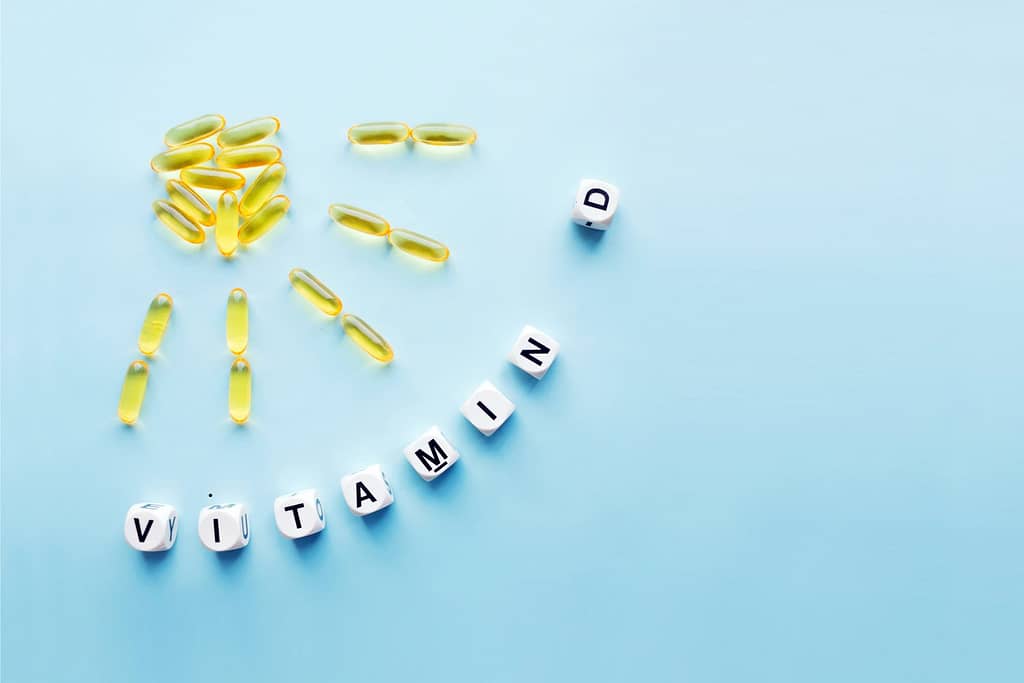Unlocking the Power of Vitamin D3

What is Vitamin D3?
Vitamin D3, also known as cholecalciferol, is a fat-soluble vitamin crucial for maintaining optimal health. It is one of the two primary forms of vitamin D, the other being vitamin D2 (ergocalciferol). Vitamin D3 is produced in the skin in response to exposure to ultraviolet B (UVB) rays from the sun and can also be obtained from certain foods and supplements.
Definition and Biochemical Role
Vitamin D3 plays a vital role in calcium and phosphorus metabolism, which are essential for maintaining healthy bones and teeth. It promotes the absorption of calcium in the gut and helps maintain adequate serum calcium and phosphate concentrations, enabling normal mineralization of bone and preventing hypocalcemic tetany (involuntary contraction of muscles leading to cramps and spasms).
Image: Chemical structure of Vitamin D3 (Cholecalciferol)
Sources of Vitamin D3
Natural Sources:
- Sunlight: The most significant source of vitamin D3 is exposure to sunlight. UVB rays convert 7-dehydrocholesterol in the skin to pre-vitamin D3, which is then transformed into active vitamin D3.
- Food: While few foods naturally contain vitamin D3, it can be found in:
- Fatty fish (such as salmon, mackerel, and sardines)
- Fish liver oils (like cod liver oil)
- Egg yolks
- Beef liver
Fortified Foods: Many countries fortify foods with vitamin D3 to ensure adequate intake across populations. Common fortified foods include:
- Milk and dairy products
- Orange juice
- Cereals
- Margarines
Supplements: Vitamin D3 supplements are widely available and are often recommended for individuals who may not get sufficient sunlight exposure or dietary intake, Pharma Trust provides a high quality products such Pharma Trust Vitamin D
Uses and Benefits of Vitamin D3
- Bone Health: Vitamin D3 is critical for the development and maintenance of strong bones and teeth. It helps prevent rickets in children and osteomalacia in adults, both conditions characterized by soft and weak bones.
- Immune Function: Emerging research suggests that vitamin D3 plays a role in modulating the immune system, potentially reducing the risk of infections and autoimmune diseases.
- Muscle Function: Adequate levels of vitamin D3 are necessary for muscle function, and deficiencies can lead to muscle weakness and increased risk of falls, particularly in older adults.
- Cardiovascular Health: Some studies indicate that vitamin D3 may support heart health by influencing blood pressure regulation and cardiovascular function.
- Mood Regulation: There is evidence to suggest that vitamin D3 may have a role in mental health, with deficiencies linked to an increased risk of depression and other mood disorders.
Vitamin D3 Deficiency: Causes and Consequences
Causes of Deficiency:
- Limited Sun Exposure: Individuals living in higher latitudes, those with darker skin, and people who cover their skin for cultural or religious reasons are at greater risk.
- Dietary Insufficiency: Poor dietary intake, especially among individuals following strict vegan diets or those with certain medical conditions, can lead to deficiency.
- Absorption Issues: Conditions such as Crohn’s disease, celiac disease, and cystic fibrosis can impair the absorption of vitamin D3.
- Aging: Older adults have a reduced capacity to synthesize vitamin D3 from sunlight.
Consequences of Deficiency:
- Bone Disorders: Deficiency can lead to rickets in children and osteomalacia or osteoporosis in adults.
- Increased Risk of Chronic Diseases: Low levels of vitamin D3 have been associated with an increased risk of cardiovascular diseases, certain cancers, diabetes, and autoimmune conditions.
- Compromised Immune Function: A deficiency may impair immune response, increasing susceptibility to infections.
Conclusion
Vitamin D3 is a vital nutrient with multifaceted roles in maintaining overall health. Adequate sunlight exposure, a balanced diet including natural and fortified sources of vitamin D3, and appropriate supplementation when necessary are essential strategies to prevent deficiency and ensure optimal health outcomes.
